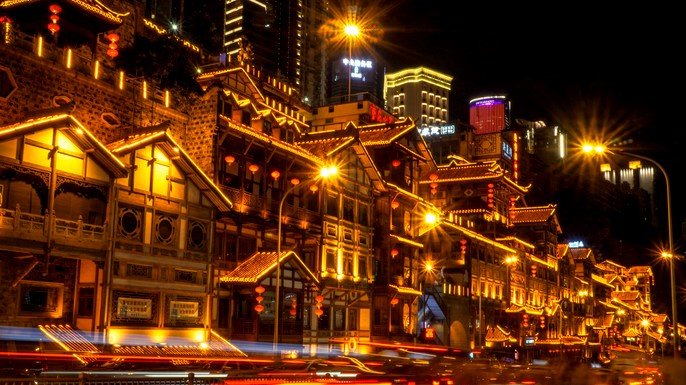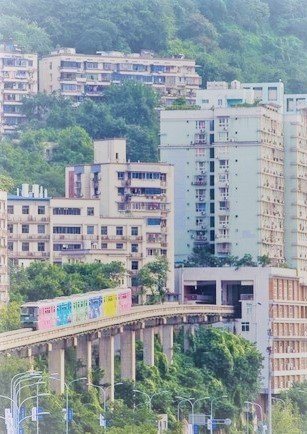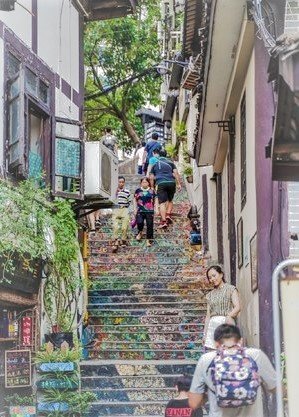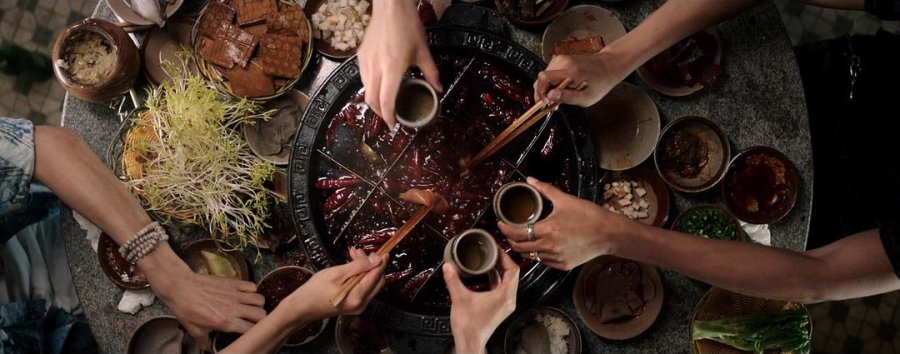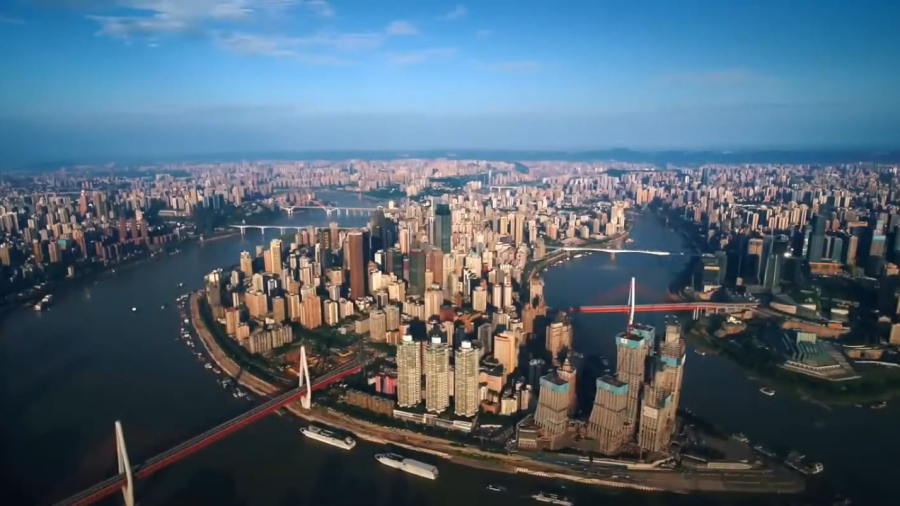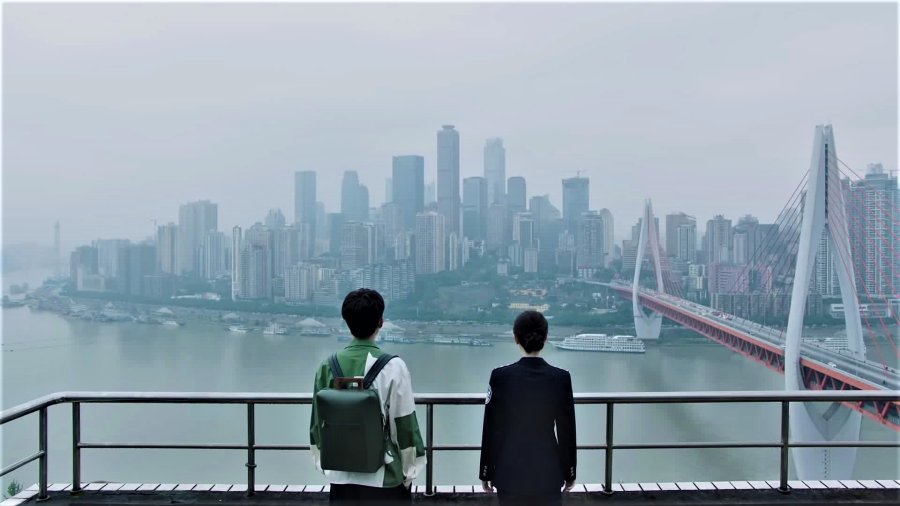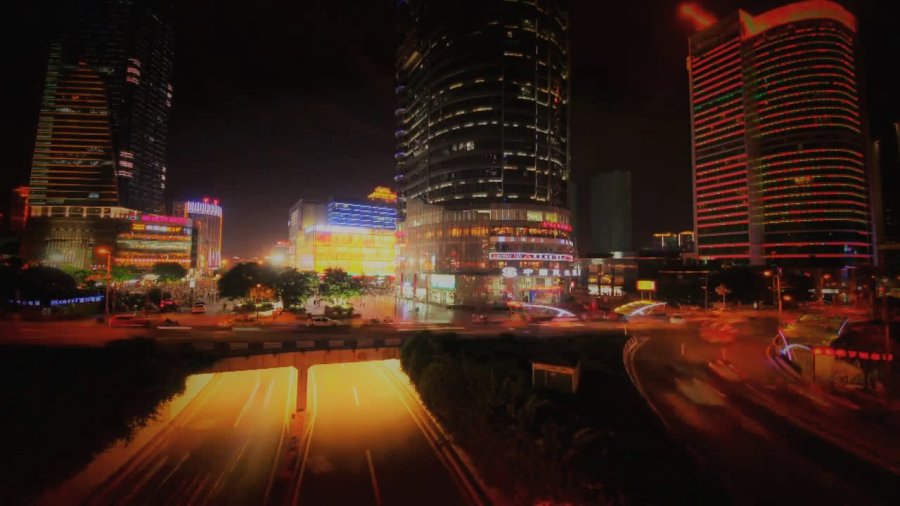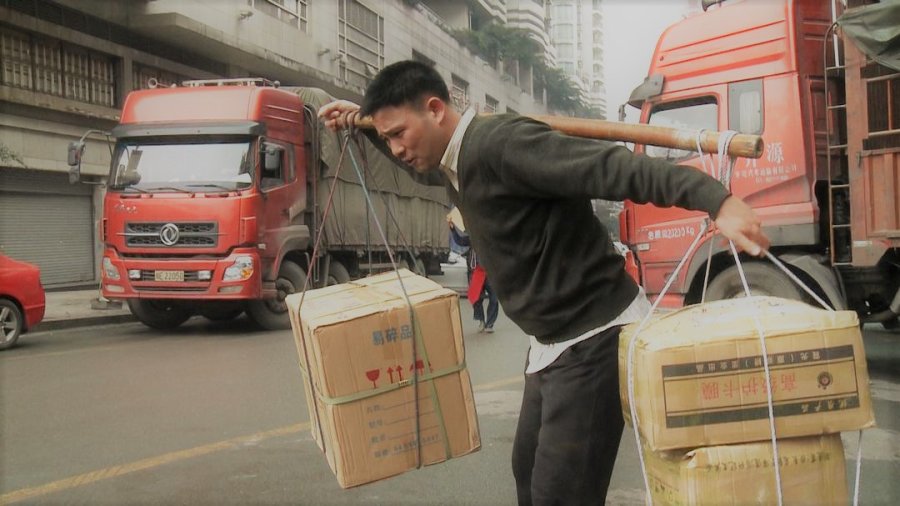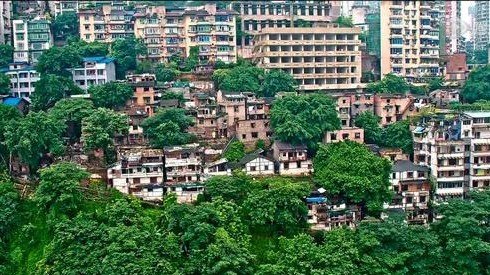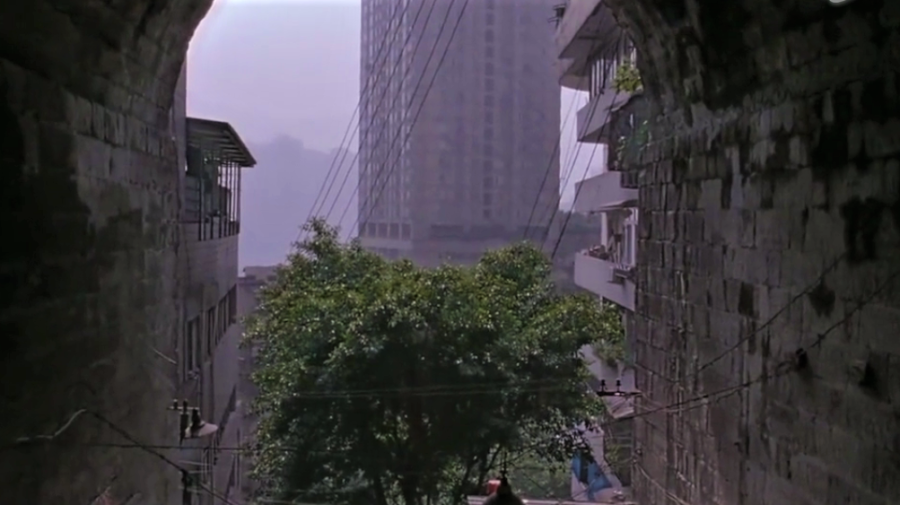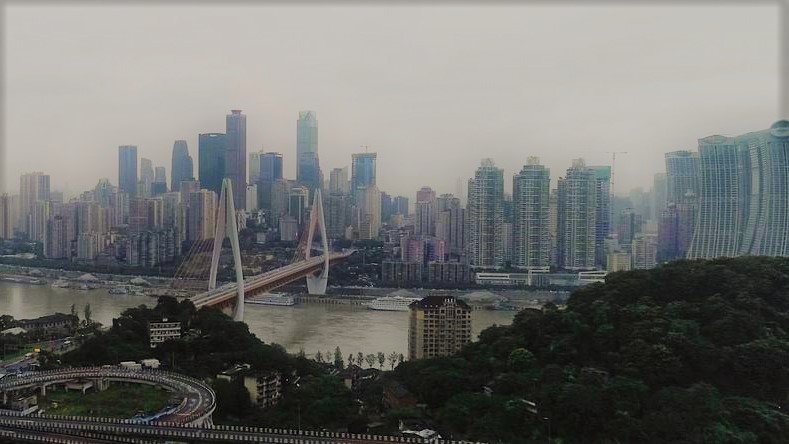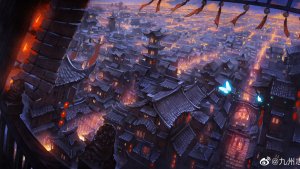 A Guide to Novoland
A Guide to Novoland
Among all of the elements that combine to create a movie or a TV series, sometimes the filming location is relegated to a secondary role. While concentrating on the plot, we forget where the story takes place, what the name of the city is, or what exactly we saw in that glimpse of buildings and roads that flashed on the screen. However, there are some landscapes that are too mesmerizing to forget, some views that are too vivid to simply fade away, and instead, they carve an even deeper impression in our memory. And this is exactly what happens when the chosen setting is the city of Chongqing...
Steep stairs, spicy flavours, and dazzling night views, Chongqing, known as the "City of Mountains", is a municipality located in the Southwest of China, one of the four municipalities under the direct administration of the central government, and, with its 32 million inhabitants, it is one of the largest cities in the world.
Formerly known as Chungking, Chongqing is an important economic, political, and cultural center, famous for its scenic spots:
The ancient town of Ciqikou 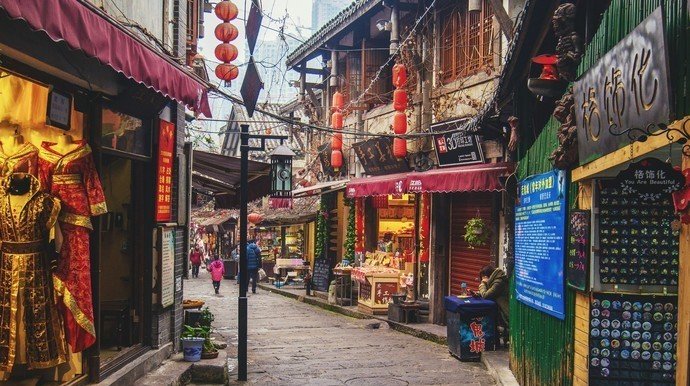 | The Great Hall of the People 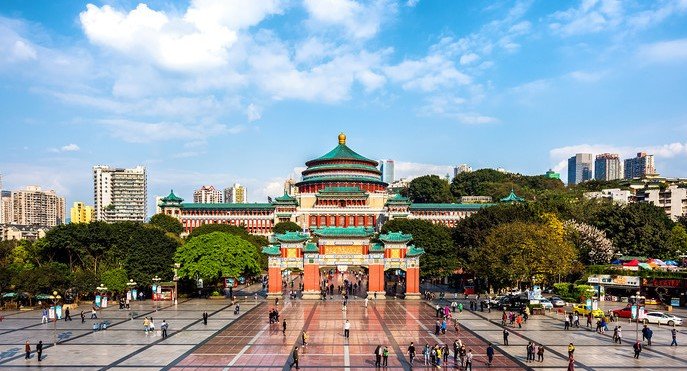 |
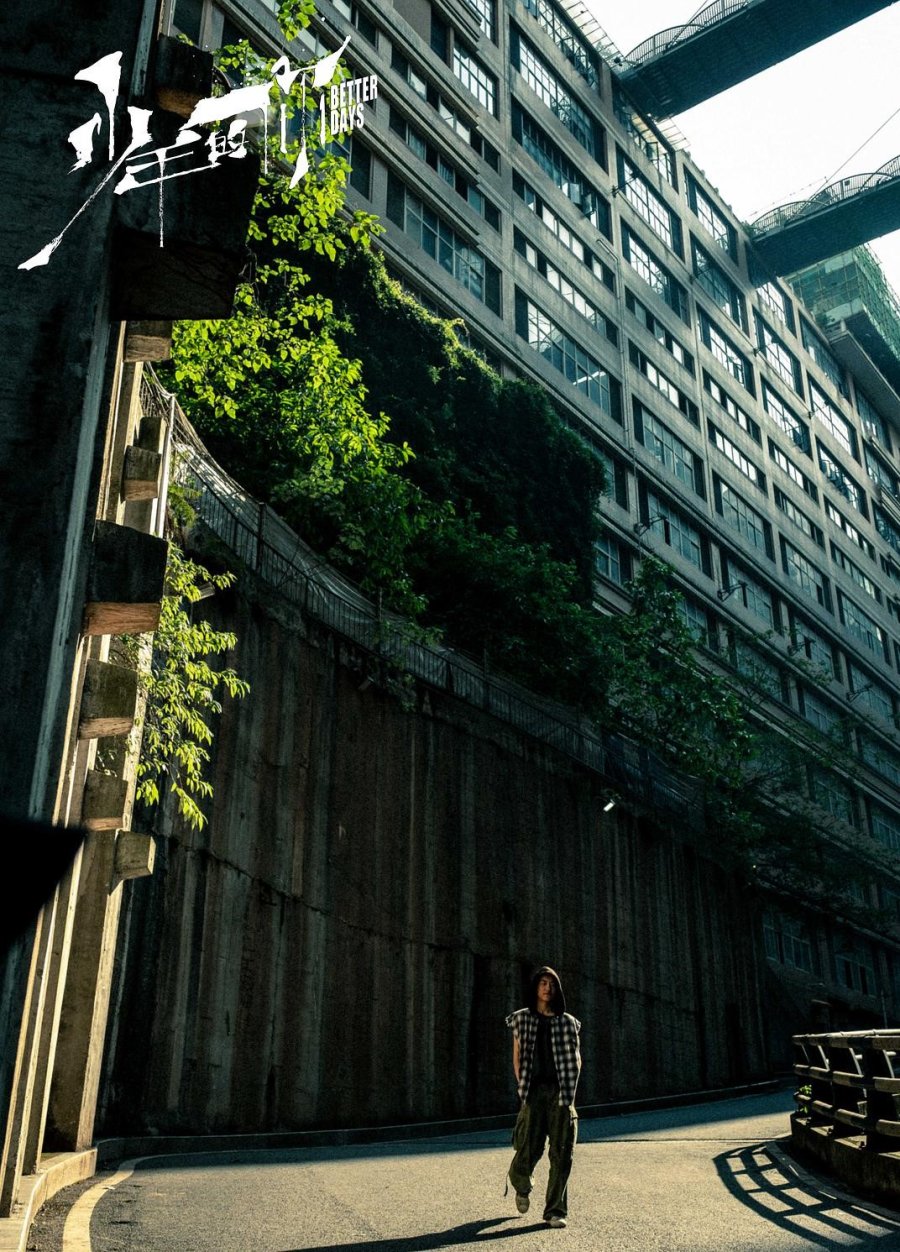 | One of the most unforgettable views of Chongqing can be found in the 2019 movie Better Days, in which the scenery of the city accompanies the story of the two young protagonists facing the harshness of the society they live in. The ups and downs of their life follow the tortuous paths and the steep slopes of the urban environment, while the city lights glimmer in their dark nights. |
 |
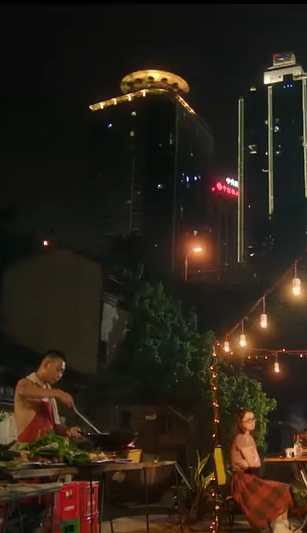 | Images of Chongqing also flow in the minds of the main leads in the movie Youth Never Returns, when they look back at the past and revive distant memories of their college days. Coming from two different places, they met in Chongqing, and there, their love story of more than ten years began. | 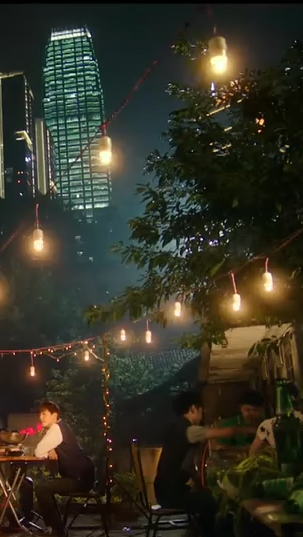 | |
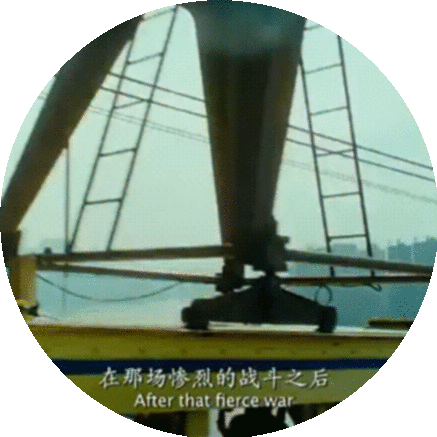 |  |  | 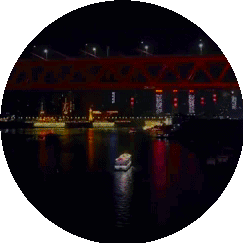 |
 Chongqing's history stretches over 3000 years. Although the first human settlements date back to the Palaeolithic era, and through the centuries, many different cultures and kingdoms developed in this area, it was only in 1929 – during the Republic of China (1912-1949) – that Chongqing was officially declared an independent city with its own administration, acting as Sichuan’s provincial city under the Nationalist government.
Chongqing's history stretches over 3000 years. Although the first human settlements date back to the Palaeolithic era, and through the centuries, many different cultures and kingdoms developed in this area, it was only in 1929 – during the Republic of China (1912-1949) – that Chongqing was officially declared an independent city with its own administration, acting as Sichuan’s provincial city under the Nationalist government.
After the outbreak of the Second Sino-Japanese War (1937-1945) and following the fall of Nanjing and the coastal area into Japanese hands, the headquarters of the Chinese government was moved to Chongqing, in the interior of the country, and later it became the provisional capital. Due to this new role, Chongqing became the target of massive bombing attacks perpetrated by the Imperial Japanese armed forces for more than five years. To protect the population, air raid shelters were excavated in the mountains all over the city, forming an extensive network of tunnels.
A little view of these facilities can be seen in the second episode of the documentary-like TV show Marvelous City, in which Chongqing actor Xiao Zhan takes the audience on a tour of his hometown.
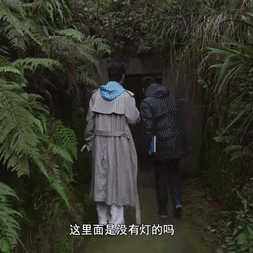 | 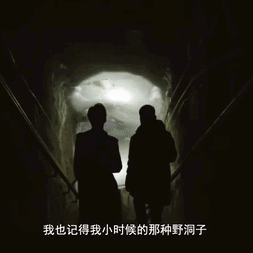 | 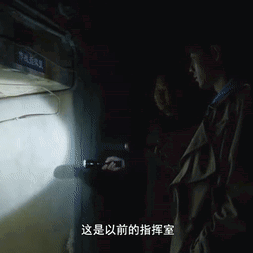 |
Having long lost their protective function, nowadays, many of these old bomb shelters have been converted into shops, gas stations, subway passageways, and underground markets, becoming part of the daily life of Chongqing people.
Precisely one of these bomb shelters is the starting point of the movie Chongqing Hot Pot, in which three friends decide to open a hotpot restaurant underground and, during the renovation of the structure, accidentally find a bank vault. Along with some beautiful glimpses of Chongqing, this movie manages to combine two of the distinctive traits of the city: its subterranean identity and the famous Chongqing Hotpot. As a typical delicacy, the hotpot is a traditional dish consisting of a simmering pot of soup in which the diners cook raw ingredients of their choice. Recurrent in many East Asian cuisines, with different names and variations, Chongqing’s hotpot is characterized by its spiciness and strong flavour. | 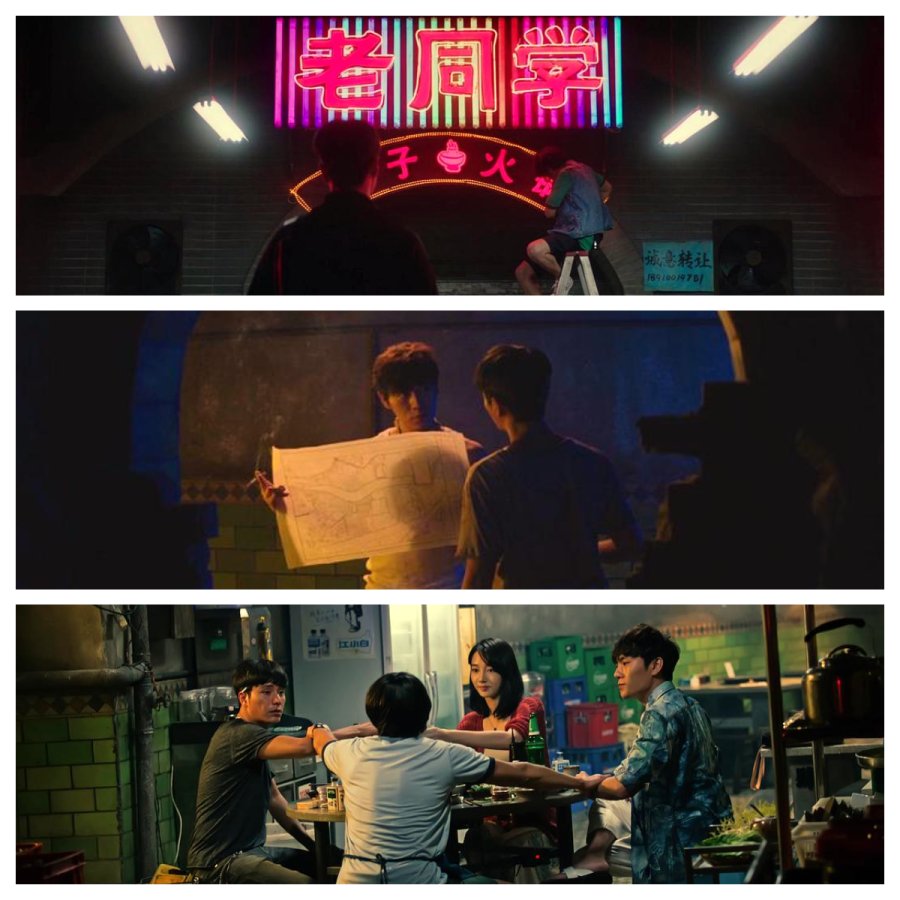 |
A mixture of different cultural traits, an additional interesting fact about this movie is that the dialogues are spoken in Mandarin Chinese and Chongqing dialect, |  | and while the main actor Chen Kun is a native of Chongqing, the rest of the main cast, made up of Qin Hao, Bai Bai He, and Yu En Tai, had to learn the language. |
 At times an overwhelming presence, at times a subtle element, Chongqing accompanies us through many different stories: investigative series, psychological thrillers, romantic comedies, and many more. Sometimes we will clearly hear its name, sometimes it will be hidden behind fictional settings, but as soon as we notice vertiginous stairs, busy piers, and white-and-red bridges, we will immediately recognize a familiar place.
At times an overwhelming presence, at times a subtle element, Chongqing accompanies us through many different stories: investigative series, psychological thrillers, romantic comedies, and many more. Sometimes we will clearly hear its name, sometimes it will be hidden behind fictional settings, but as soon as we notice vertiginous stairs, busy piers, and white-and-red bridges, we will immediately recognize a familiar place.
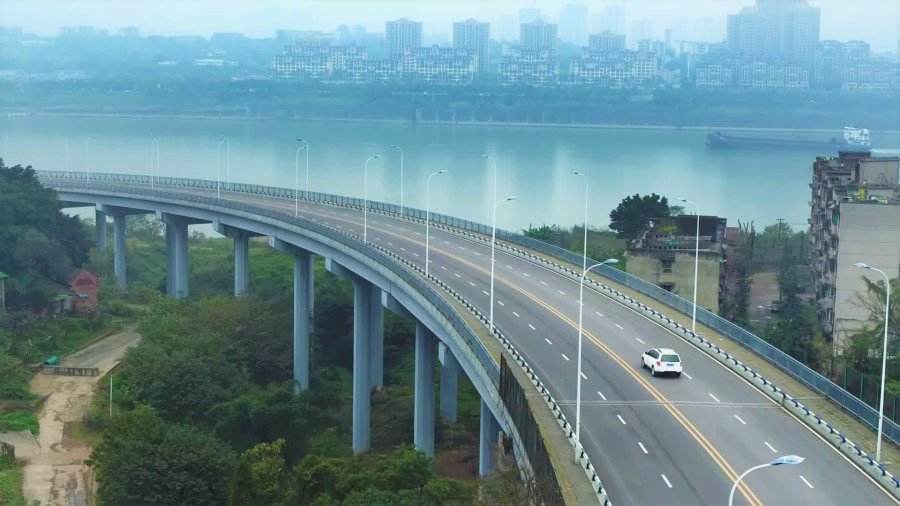 Insect Detective, River View Insect Detective, River View | |
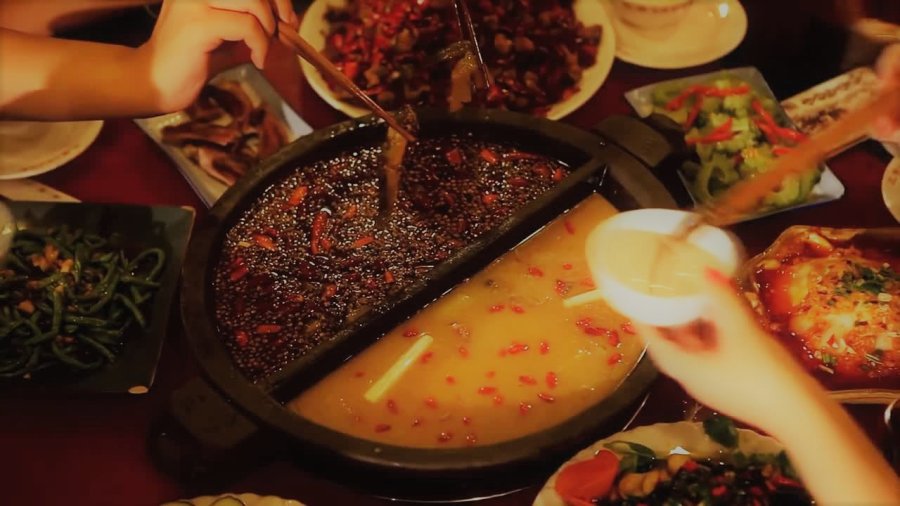 A Bite of Chongqing, Hotpot A Bite of Chongqing, Hotpot | |
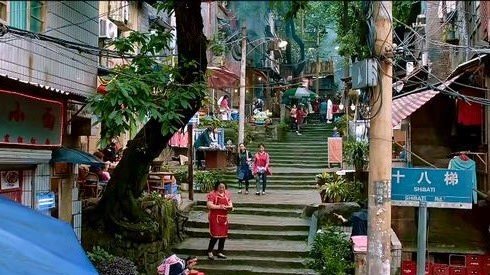 I Belonged to You, Shibati - The 18 Steps I Belonged to You, Shibati - The 18 Steps | 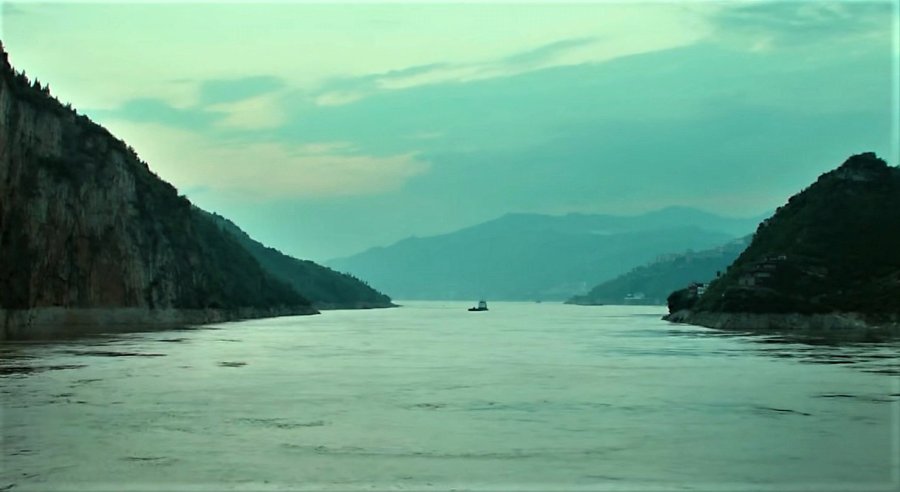 Youth Never Returns, Yangtze River Youth Never Returns, Yangtze River |
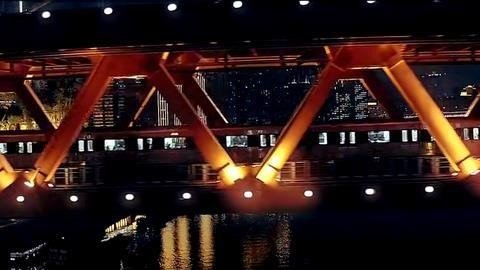 I Belonged to You, Train on Qiansimen Bridge I Belonged to You, Train on Qiansimen Bridge | 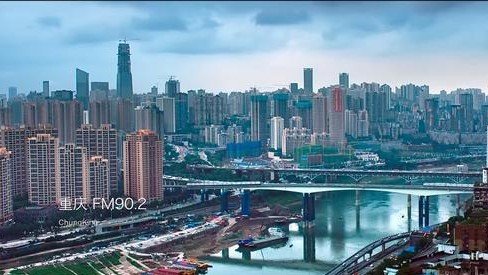 I Belonged to You, City View I Belonged to You, City View |
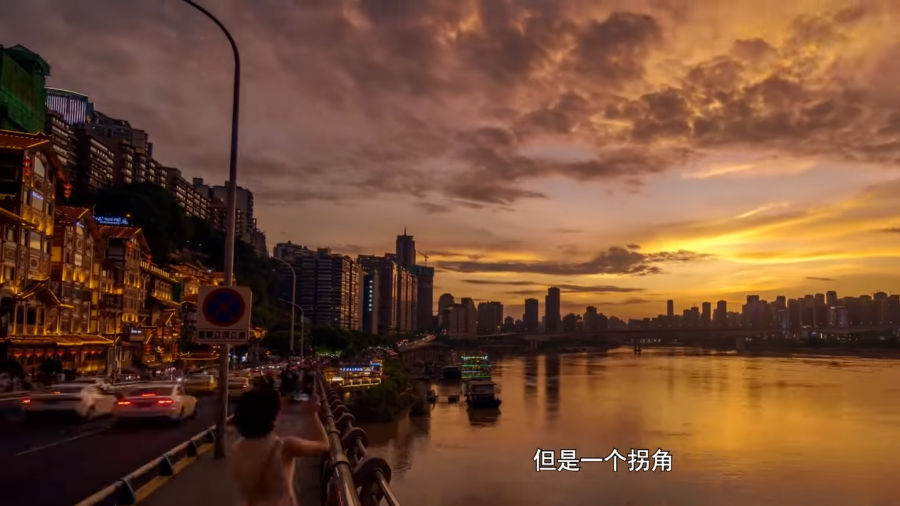 Marvelous City, Sunset Marvelous City, Sunset |

I hope you have enjoyed this little tour of Chongqing through the eye of a movie camera. If I have managed to pique your curiosity and you'd like to learn more about this city, here are some useful resources:
- General info: Chongqing on Wikipedia, iChongqing, Chongqing on Britannica, Chongqing on Baidu Baike
- Pictures and travel guides: Chongqing on Mafengwo, Chongqing on Paths Unwritten blog
- History: History of Chongqing, History and Traditional Culture, Bombing of Chongqing
- Cuisine: Chongqing Cuisine, Hotpot
- Miscellaneous: Underground Economy, Bangbang men, Evolution of the Bomb Shelters
- YouTube Videos: Movies Set in Chongqing, Top 10 Foods of Chongqing, View of Chongqing
~ Thanks for reading until the end! Hope to hear from you if there is
any special location or setting that you enjoy watching ~
Disclaimers: I do not own any of the pictures used in the article. All images not taken from the show itself redirect to the original source and its respective owners. Photos of Chongqing are taken from Mafengwo. GIFs are taken from Tumblr or personally made from the shows. Images of movies and series are taken from Douban or from the correspondent show. Factual information mentioned in the text comes from Baidu Baike, Sohu.com, and Wikipedia.
Edited by: YW (1st editor), BrighestStar (2nd editor)


